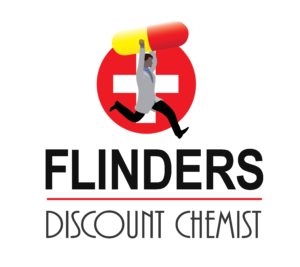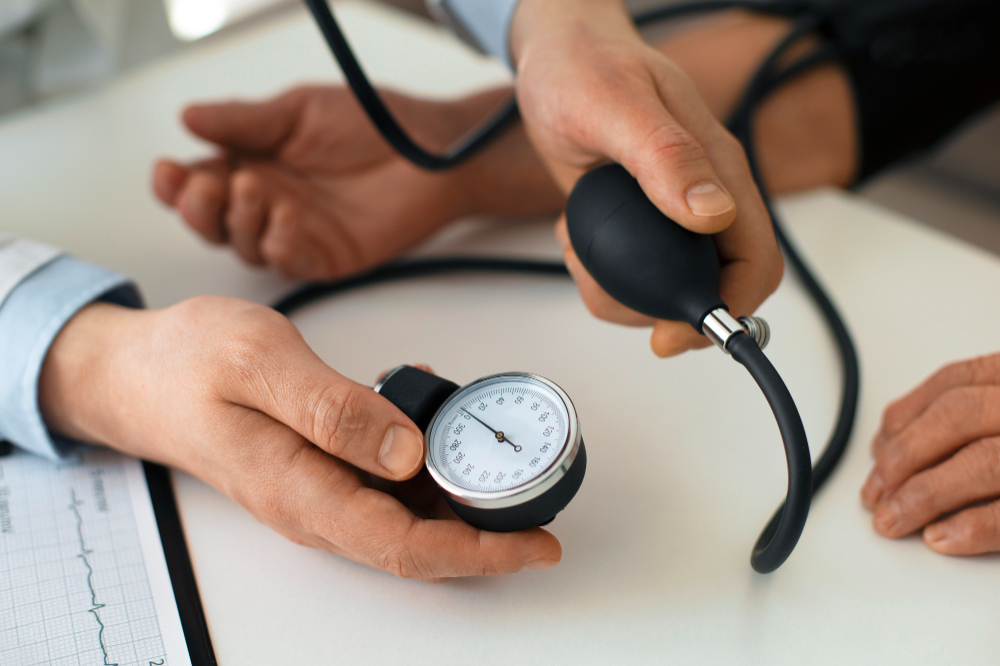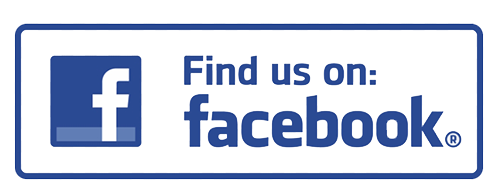One common ailment that affects the body’s arteries is high blood pressure (HBP). Another name for it is hypertension. The blood’s constant excessive force against the arterial walls is a sign of high blood pressure. For the purification of blood, the pump works harder. Millimeters of mercury are used to observe blood pressure. A blood pressure measurement of 130/80 millimeters of mercury (mm Hg) or greater is generally considered hypertension.
Risk factors for high blood pressure include:
- Being obese or overweight: The more weight you have, the more blood you require to give your tissues the nutrients and oxygen they need. The pressure on the walls of your arteries rises with the volume of blood that flows through your blood vessels.
- Not engaging in physical activity: People who don’t exercise frequently have greater heart rates. Your heart must beat harder and exert more strain on your arteries with each contraction the higher your heart rate.
- Tobacco use: When you smoke or chew tobacco, the chemicals in the smoke might cause damage to the lining of your artery walls and momentarily elevate your blood pressure. As a result, your arteries may narrow, increasing your risk of heart disease.
- Excessive salt (sodium) in the diet: Consuming an excessive amount of sodium can lead to fluid retention, which raises blood pressure.
- Inadequate consumption of potassium: Potassium balances the sodium levels in your cells. You run the risk of having too much sodium in your blood if you don’t consume or retain enough potassium in your diet.
- Dietary deficiencies in vitamin D: It’s unclear if dietary deficiencies in vitamin D might cause hypertension. The kidneys produce an enzyme that affects blood pressure, vitamin D may affect this enzyme.
- Excessive alcohol consumption: Prolonged high alcohol use can harm your heart. Your blood pressure may be impacted by consuming more than one drink for women and more than two for men each day.
How to Improve Your Blood Pressure
You can reduce your chance of getting dangerously high blood pressure by managing your blood pressure. Modestly high or raised blood pressure is often treated with lifestyle modifications. Your doctor may advise you to adjust your diet, quit smoking, or reduce weight.
Medication may be required in certain situations to bring your blood pressure down to a normal level. ACE inhibitors, calcium channel blockers, and angiotensin II receptor blockers (ARBs) are among the medication options. Thiazide diuretics help your body flush out water and sodium, lowering the volume of blood. Antagonists also help lower blood pressure by relaxing blood vessels.




